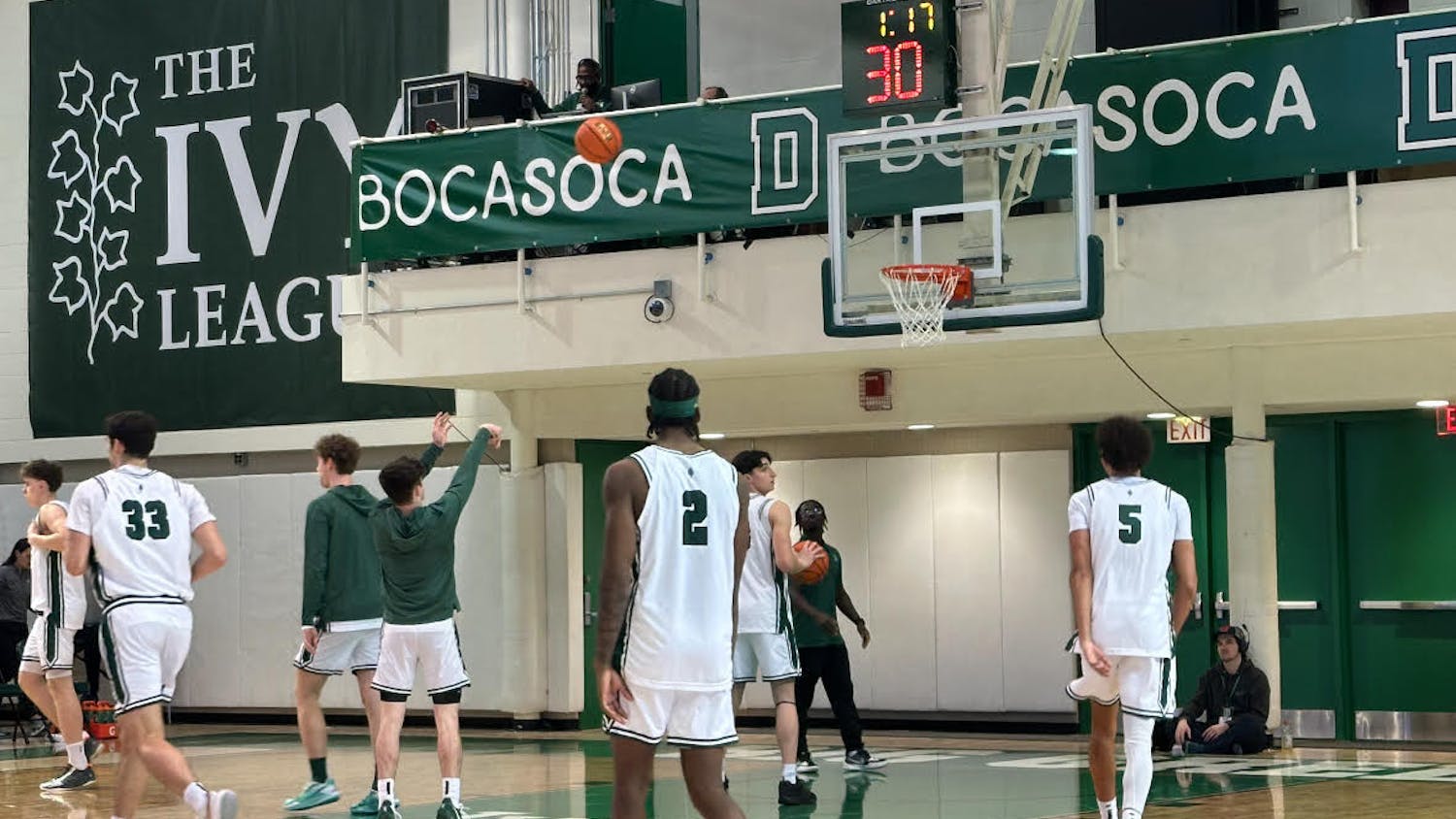After three weeks of watching the 2010 World Cup, it's hard to believe that after today, only eight out of the 32 countries in South Africa remain.
Unfortunately for U.S. fans, the American team was sent home after its dismal second-round loss to Ghana, 2-1. Many had semifinal hopes for the U.S. team after it was given a dream draw with no powerhouse European or South American sides. In fact, the United States may not get such a good opportunity to advance to the semifinals for a very long time.
Even though I was rooting for the United States, I can't really say I'm fully disappointed or that I didn't expect this to happen. As I sat in a crowded room filled with silence for 10 minutes following the loss, the only emotion I could muster was frustration frustration that a team filled with professional soccer players could make so many simple mistakes and execute the game so poorly.
Truthfully, the United States couldn't have exited the World Cup in a more fitting fashion, as the loss to Ghana showed the few strengths of the team and exposed all of its weaknesses.
The game opened with the United States once again giving away an early goal in the fifth minute of the match. This was a trend for the American team at the World Cup as the squad also gave up a goal in the fourth minute against England and 13th minute against Slovenia. Giving up a goal that early never puts you in a good situation and allowed Ghana to sit back and defend.
Perhaps more upsetting than giving up an early goal was the way the goal was scored.
Ricardo Clark took one too many touches in the midfield, gave the ball away and was punished. Although Clark's mistake was the most costly, giveaways like this happened too frequently for the United States throughout the World Cup.
The midfielders were unable to hold possession. Maurice Edu gave the ball away countless times in the games against Slovenia and Algeria, while golden boy Landon Donovan had a fair number of simple miscues.
Another issue that caused problems for the United States was the lack of movement off the ball when the team had possession.
Instead of running off the ball and opening the passing game, the U.S. players seemed content to stand around and wait for the ball to be played to their feet.
This was never more apparent than in the first half of the Ghana match. Unable to break down the speedy and more athletic Ghanaians one-on-one, the United States resorted to passing balls backwards and sideways around the penalty area and seemed too content to wait for lackluster crosses to head into the goal.
The United States needed to make more runs off the ball and play quick passes into space. The Germans are the masters of this strategy and use it to perfection to create scoring opportunities (go watch the first 35 minutes of their 4-1 demolition of England if you want to see beautiful soccer).
It also looked like the legs of the U.S. players were asleep during the first half (maybe due to a lullaby of vuvuzelas) and the United States had very few quality attacking chances. In the second half, the team seemed to wake up and began making overlapping runs to open up scoring opportunities.
The United States was able to show its "heart and resiliency" (an ESPN-coined euphemism for sufficient ability) by scoring an equalizer early in the second half. The team continued to press and had opportunities to win the game late in the half, but couldn't find the back of the net.
Extra time was probably one of the least-exciting displays of soccer I have ever seen. After conceding an early goal off a defensive miscue and a spectacular Ghanaian finish just a few minutes into the first extra time period (what a shocker), the United States resorted back to playing hopeless long balls over the top of the Ghanaian defense.
This "kick and run" style soccer coupled with tired legs and flopping Ghanaian players made for 30 minutes of soccer that looked like a low-level high school soccer match instead of an international World Cup match-up.
Still, there are some positives that will come out of the U.S. loss. I think that having soccer play a larger role in the United States' consciousness is a good thing even if the interest is rooted more in patriotism than pure love of the sport.
So, it's back to the status quo for U.S. soccer fans. We can return to fully supporting our surrogate countries.
Whether our parents were born there, we've studied abroad there or we just like their uniforms, we can go back to watching soccer the real American way by supporting foreign teams.



